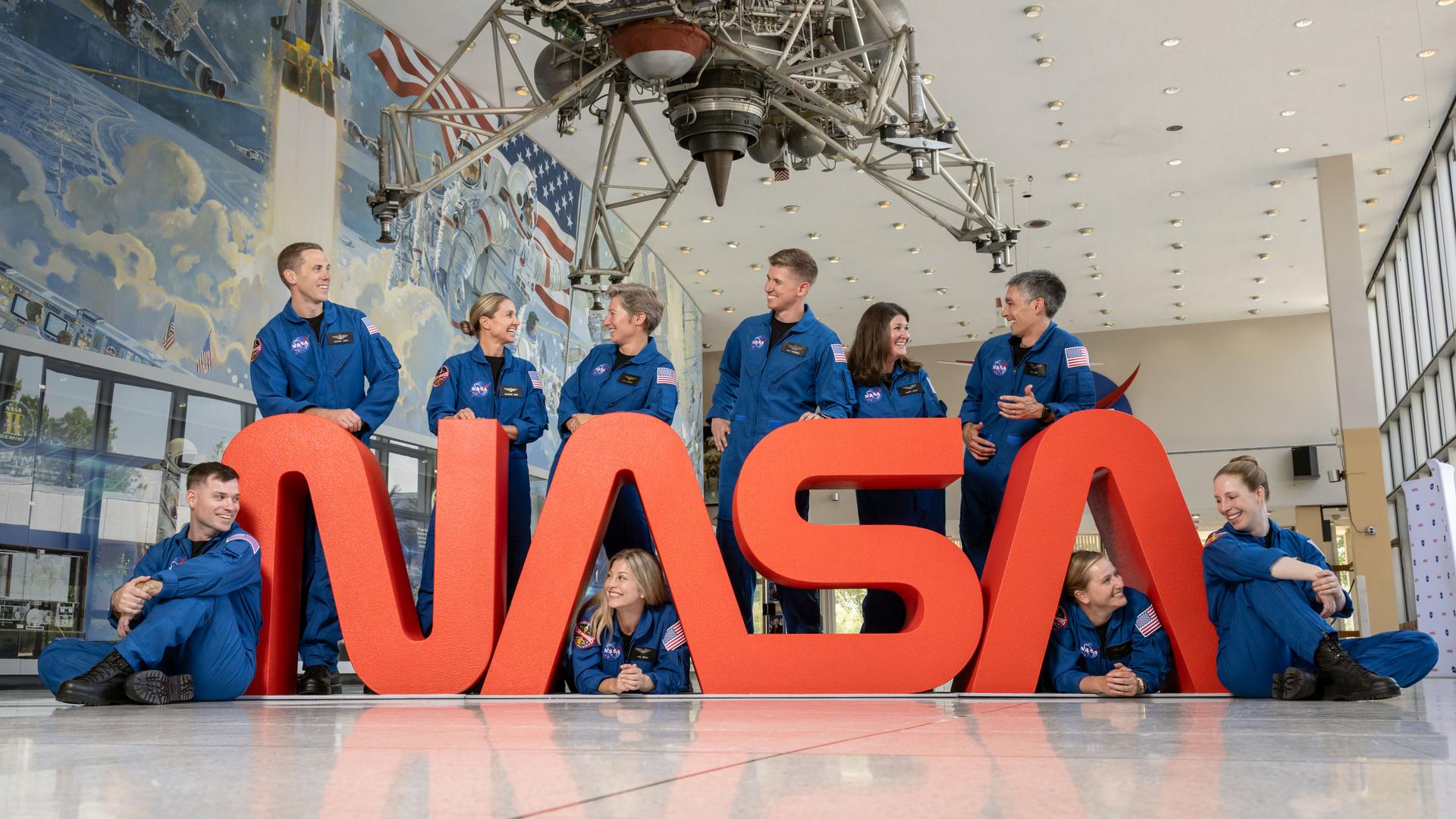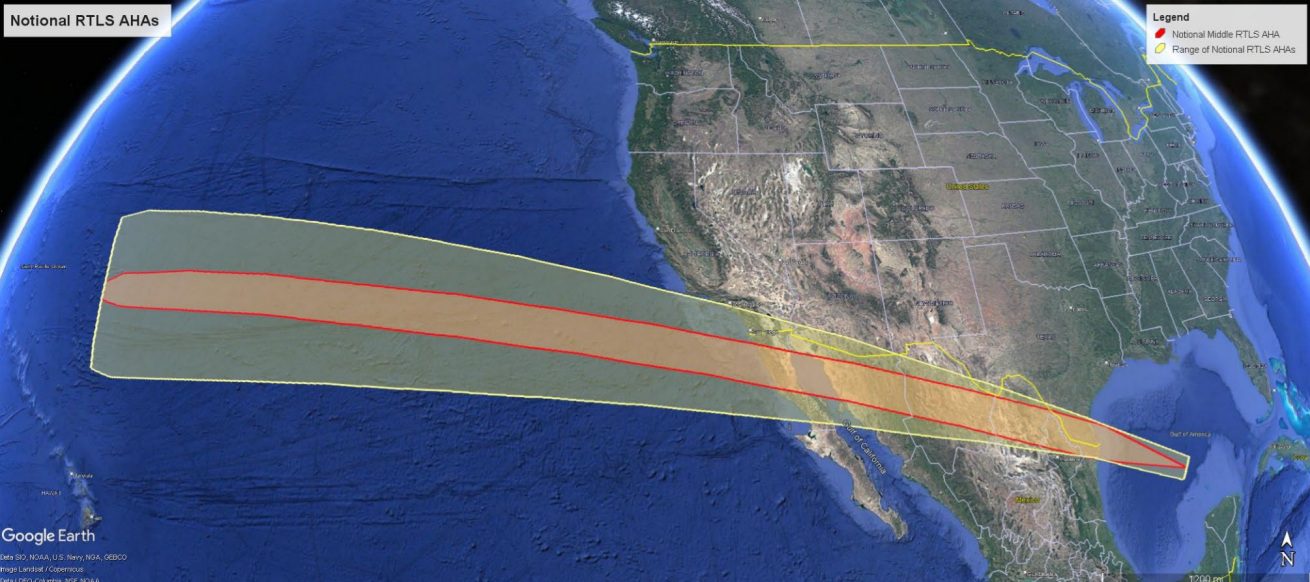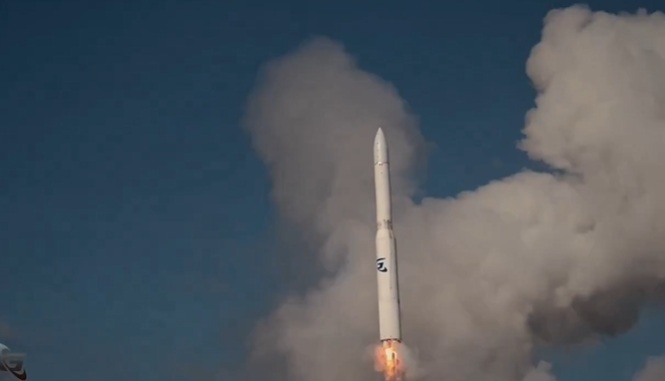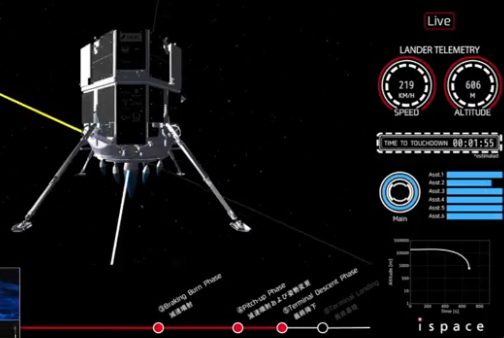In June, the world of private commercial spaceflight was in mourning for Patti Grace Smith, 68, who succumbed to pancreatic cancer. She headed up the Commercial Space Transportation regulatory arm of the Federal Aviation Administration. By making sure that private human spaceflight remains in her office’s domain rather than fall under aviation regulation, she was able to give the nascent industry a more relaxed regulatory regime to allow it to prosper when harder regulation may have stifled it.
Elon Musk, founder of SpaceX, paid tribute to Patti Grace Smith noting that she had “helped lay the foundations for a new era in American spaceflight.”
In the same month, and stealing most of the world’s media headlines was the death of boxing legend Muhammed Ali (nee Cassius Clay) who was, during the 1960s and 1970s, the World’s most famous man. This column is not really the place to note his achievements whether in boxing, or for his work in helping breaking down racial barriers, or for his brave stand against the Vietnam war, or for his struggle with Parkinson’s Disease, or even for just his famous poetic wit. However, we mention him here because during the peak of his career, his famous fights: the “Rumble in the Jungle” against George Foreman in Zaire in 1974, and the “Thrilla in Manilla” against Joe Frazier in the Philippines in 1975, were major world TV events involving early mass satellite-relayed live broadcasts.
Three times heavy weight world champion, Ali, often declared himself in a mock boastful stance, as “The Greatest”. Many believe that when it comes to boxing, he probably was.
Seradata gives its tribute to both Patti Grace Smith and to Muhammed Ali, and we give our condolences to the friends and families of both.






